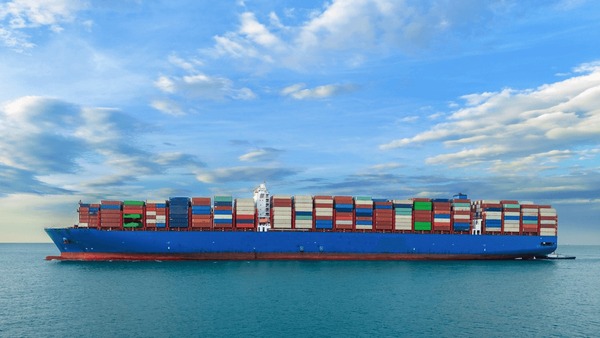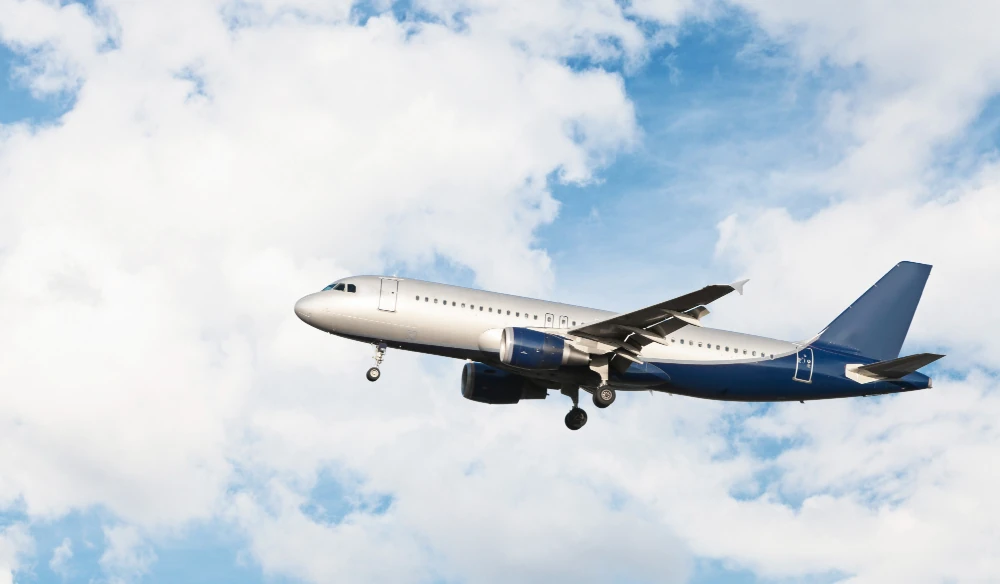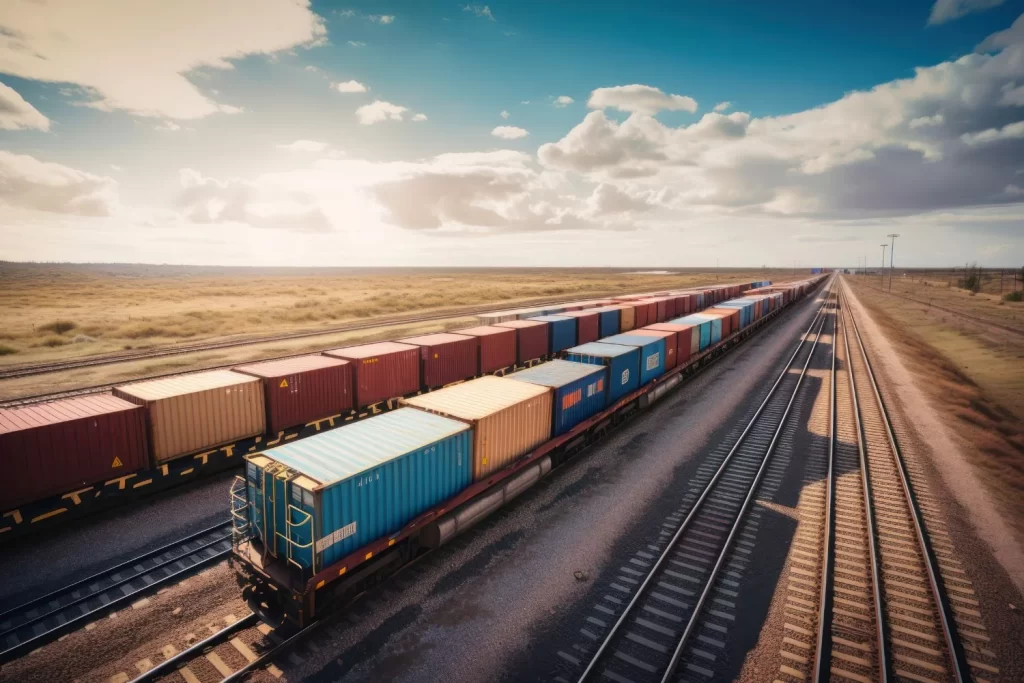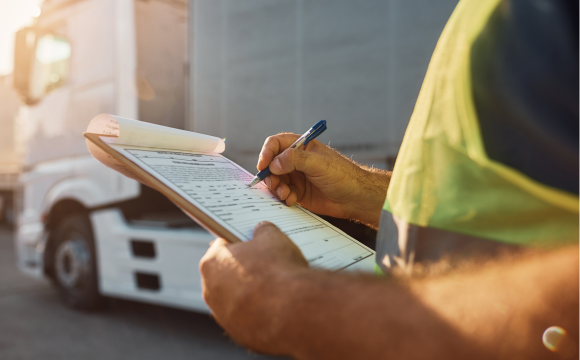- By TOP CHINA FREIGHT
- October 9, 2025
- Shipping
Table of Contents
Freight forwarding China to Germany is essential for businesses seeking timely, cost-efficient, and reliable shipping solutions. Many importers face challenges such as high shipping costs, complex customs procedures, and unpredictable transit times. This guide provides practical tips, techniques, and express shipping options to streamline your China-to-Germany supply chain, ensuring your goods arrive quickly and safely.

What Are the Main Shipping Methods from China to Germany?




Selecting the right shipping method depends on your cargo type, urgency, and budget. Businesses can choose from sea freight, air freight, rail freight, and express shipping.
| Shipping Method | Transit Time | Cost (per 20ft container / per kg) | Best For | Pros | Cons |
|---|---|---|---|---|---|
| Sea Freight | 30–40 days | $1,200–$2,000 | Bulk goods | Cost-effective, large capacity | Slow, weather-dependent |
| Air Freight | 5–10 days | $5–8/kg | High-value, urgent goods | Fast, secure | Expensive, limited capacity |
| Rail Freight | 18–22 days | $2,500–$3,500 | Medium cargo | Balanced cost and time | Limited routes, customs inspections |
| Express Shipping | 2–5 days | $10–15/kg | Small parcels, urgent documents | Fastest delivery, door-to-door | Highest cost, limited volume |
Express shipping is ideal for urgent shipments, samples, or small parcels requiring rapid delivery, complementing traditional air, sea, or rail freight.
How Long Does Container Shipping from China to Germany Take?
Transit times vary depending on the port of departure, shipping mode, and route chosen.
| Route | Mode | Average Transit Time |
|---|---|---|
| Shanghai – Hamburg | Sea | 30–35 days |
| Ningbo – Bremerhaven | Sea | 33–40 days |
| Chengdu – Duisburg | Rail | 15–18 days |
| Xi’an – Hamburg | Rail | 16–20 days |
| Beijing – Frankfurt | Air | 5–7 days |
| Shanghai – Munich | Express | 3–7 days |
Delays can occur due to customs inspections, port congestion, or extreme weather. Using major ports with frequent sailings and experienced freight forwarders can mitigate these risks. Moreover, planning shipments with buffer time helps prevent supply chain disruptions.
How Much Does Freight Forwarding China to Germany Cost?

Costs vary based on shipment type, volume, and speed. Planning ahead can optimize your budget.
| Container Type | Sea Freight Cost | Rail Freight Cost | Air Freight Cost | Express Shipping Cost |
|---|---|---|---|---|
| 20ft Container | $1,200–$1,800 | $2,500–$3,000 | $5–7/kg | $10–15/kg (small parcels) |
| 40ft Container | $2,000–$3,200 | $4,500–$5,000 | $5–6/kg | N/A |
| LCL (Less than Container Load) | $50–$70/m³ | N/A | $6–10/kg | $10–15/kg |
Costs fluctuate with seasonal demand, fuel prices, and port congestion. Consolidating shipments, avoiding peak seasons, and using express for urgent items can improve efficiency.
Why Choose Rail Freight for China-Germany Shipments?
Rail freight provides a balanced alternative between sea and air freight:
Transit Time:
18–22 days, faster than sea but slower than air.
Cost Efficiency:
Cheaper than air freight, especially for medium-priority goods.
Environmental Impact:
Lower carbon footprint compared to air.
Rail networks connect major Chinese manufacturing hubs, such as Shanghai and Shenzhen, to German cities like Hamburg and Duisburg, enabling predictable delivery schedules. For urgent shipments that rail cannot meet, express shipping serves as a complementary option.
What Documents Are Needed for Freight Forwarding China to Germany?

Proper documentation prevents customs delays and ensures compliance:
| Document | Purpose |
|---|---|
| Commercial Invoice | Lists goods, quantity, and value |
| Packing List | Details cargo contents and weight |
| Bill of Lading (B/L) | Proof of shipment for sea/rail freight |
| Airway Bill | For air or express shipments |
| Certificate of Origin | Required for customs clearance |
| Import License (if applicable) | For regulated goods |
| Insurance Certificate | Covers potential loss or damage |
How Can You Reduce Transit Time for Shipments?
delivering within 2–5 days.
Shanghai, Ningbo, Shenzhen.
maximize container utilization.
January–February, September–December.
minimize transshipment delays.
What Are the Pros and Cons of Air, Sea, Rail, and Express Freight?
| Freight Type | Pros | Cons |
|---|---|---|
| Air Freight | Fast, secure, ideal for high-value goods | Expensive, limited cargo size, weather-sensitive |
| Sea Freight | Cost-effective for bulk shipments, flexible | Slow, port congestion possible |
| Rail Freight | Moderate cost, faster than sea, eco-friendly | Limited routes, less flexible |
| Express Shipping | Fastest delivery, door-to-door, ideal for urgent small parcels | Highest cost, limited volume |
Combining shipping methods can optimize costs, speed, and reliability.
How Do Customs Procedures Affect Freight Forwarding?
Customs clearance is crucial regardless of shipping method:
- Ensure accurate documentation (invoice, packing list, B/L, certificate of origin).
- Classify goods correctly using HS codes.
- Pay duties and taxes promptly.
- Work with experienced customs brokers.
- Use express services for urgent shipments, as couriers often offer dedicated customs assistance.
Efficient customs handling prevents delays, reduces storage fees, and keeps your supply chain on track.
Can You Track Freight Forwarding China to Germany Shipments?
Yes, tracking is available for all major freight methods:
Sea Freight:
Container tracking via shipping lines.
Air Freight:
Track using airway bill numbers.
Rail Freight:
GPS-enabled real-time tracking.
Express Shipping:
Door-to-door tracking with frequent updates.
Real-time tracking improves inventory management and customer communication.
Example Case: A Mid-Sized E-commerce Business

A German e-commerce company imported electronics from Shenzhen to Hamburg:
- Bulk inventory shipped via sea freight reduced costs by 25%.
- Medium-priority shipments sent via rail arrived in 20 days, balancing speed and cost.
- Urgent samples delivered using express shipping reached Munich in 3 days, enabling timely product launches.
- Customs were handled efficiently through a trusted broker, avoiding penalties.
This case demonstrates how combining sea, rail, and express shipping optimizes cost, speed, and reliability.
Conclusion
Freight forwarding China to Germany requires strategic planning, documentation accuracy, and method selection. Sea, air, rail, and express shipping each provide unique advantages. Using a combination of these options reduces costs, improves delivery times, and enhances supply chain reliability. Partnering with an experienced freight forwarder ensures your goods arrive in Germany efficiently, securely, and on schedule.
Need a Shipping Quote?
Click below to get a free, no-obligation quote from TJ China Freight.
We’ll respond within 24 hours with the best shipping options for your cargo.

FAQ
Q1: What is the cheapest way to ship from China to Germany?
Sea freight is cheapest for bulk shipments; consolidate shipments to save more.
Q2: Do I need a customs broker for Germany shipments?
Yes, brokers ensure documents are correct and customs clearance is smooth.
Q3: Can I ship small parcels using freight forwarding services?
Yes, LCL and express shipping handle small parcels efficiently.
Q4: How do I choose the best shipping method?
Consider size, value, urgency, and budget; combine methods for efficiency.
Q5:What documents are essential for China-to-Germany shipping?
Commercial invoice, packing list, bill of lading, certificate of origin, insurance.
